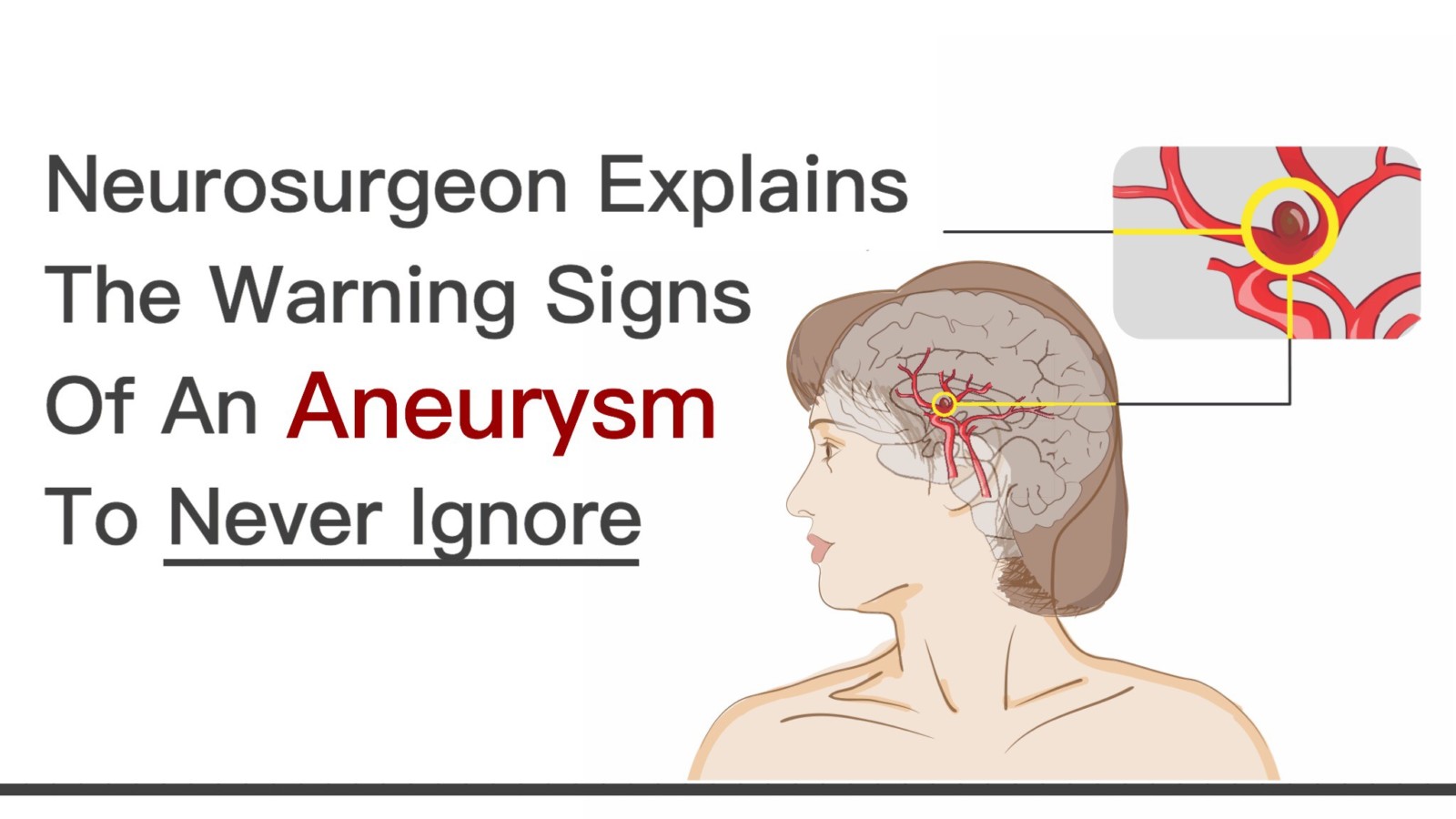2. UNRUPTURED ANEURYSMS AFFECT MILLIONS WORLDWIDE
Riina estimates that up to 5 to 10 percent of the world’s population walk around with an unruptured aneurysm – or roughly 350 to 700 million people.
3. MOST UNRUPTURED ANEURYSMS ARE ASYMPTOMATIC
Riina estimates that only 1 to 2 percent of aneurysms actually burst each year. In most cases, the individual doesn’t experience any noticeable symptoms.
4. FAMILY HISTORY IS A KEY INDICATOR
“If you had a parent, uncle, brother, sister or cousin that had an aneurysm you should mention it to your primary care physician or your neurologist,” says Riina.
5. CERTAIN CONDITIONS AND LIFESTYLE CHOICES INCREASE RISK
Polycystic kidney disease and Ehlers-Danlos syndrome are two medical conditions which increase the risk of a brain aneurysm. Lifestyle choices, including a high-fat diet and smoking, may also increase the risk of someone getting an aneurysm.
“Unless you have a family history or one of these conditions, the likelihood that you’ll have [an aneurysm] is pretty low,” he says. “The average person doesn’t need to run off and get a screening.”
SIGNS AND SYMPTOMSavoid stroke
According to WebMD, common signs and symptoms of a ruptured aneurysm include:
– A drooping eyelid
– Blurred or double vision
– Confusion
– Loss of consciousness
– Nausea and vomiting
– Seizure
– Sensitivity to light
– Sudden, extremely severe headache
An unruptured aneurysm may produce the following symptoms, if any:
– A dilated pupil.
– Change in vision or double vision.
– Numbness of one side of the face.
– Pain above and behind one eye.
WebMD advises calling 911 if you develop a sudden and extreme headache, experience loss of consciousness, or have a seizure.
(C)POWER OF POSITIVITY, LLC. ALL RIGHTS RESERVED
SOURCES:
HTTP://PEOPLE.COM/HUMAN-INTEREST/NORTH-CAROLINA-MOM-OF-FOUR-DIES-SUDDENLY-AFTER-COMPLAINING-MIGRAINE/
HTTP://WWW.HEALTH.COM/SYNDICATION/MIGRAINE-OR-ANEURYSM-NEUROLOGIST-WEIGHS-IN-ON-WARNING-SIGNS-TO-WATCH-OUT-FOR-AFTER-MOM-OF-FOUR-SHOCKING-DEATH?XID=SOCIALFLOW_FACEBOOK_HEALTH
HTTPS://WWW.MAYOCLINIC.ORG/DISEASES-CONDITIONS/BRAIN-ANEURYSM/SYMPTOMS-CAUSES/SYC-20361483









